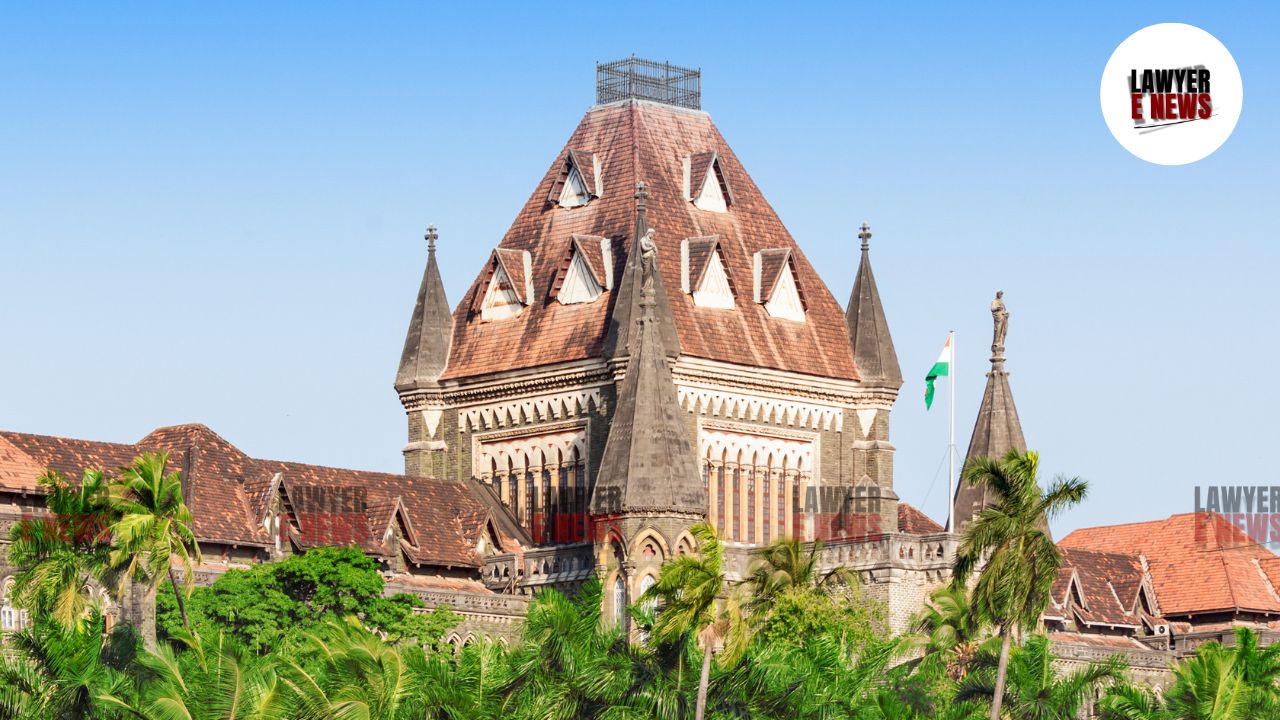-
by Admin
15 February 2026 2:36 AM



Nagpur Bench of the Bombay High Court, led by Justice Anil L. Pansare, delivered a ruling in Shri Rakesh Deoraoji Mathure v. Shri Ashok Laxman Talekar, addressing the applicability of the Maharashtra Civil Services (Declaration of Small Family) Rules, 2005 to a Police Patil's disqualification. The petitioner challenged the dismissal of his complaint against Respondent No. 1, a Police Patil, for disqualification under the 2005 Rules for having a third child after the rules came into force. The Court remanded the case to the Sub Divisional Officer (SDO) for fresh consideration, as the 2005 Rules were recently made applicable to Police Patils through a 2024 amendment.
The case arose from a complaint filed by the petitioner, Rakesh Deoraoji Mathure, alleging that the respondent, Ashok Laxman Talekar, a Police Patil, had violated the Maharashtra Civil Services (Declaration of Small Family) Rules, 2005 by having a third child after the rules’ commencement. The SDO, Umred, dismissed the complaint in 2019, citing that the respondent was appointed in 1999, prior to the enactment of the 2005 Rules. This dismissal was upheld by the Divisional Commissioner, Nagpur, in August 2019, prompting the petitioner to approach the High Court.
The petitioner relied on Rule 3 of the Maharashtra Civil Services (Declaration of Small Family) Rules, 2005, which disqualifies government servants from holding Group A to Group D posts if they have more than two children after the commencement of the rules. The key issue was whether this rule applied to the respondent, who was appointed before the rules came into force but had a third child after 2005. The Court noted that under Rule 3, disqualification applies if the number of children increases after the rules’ commencement.
Court’s Key Observation: “The appointment will attract disqualification the moment the number of children increase after the commencement of the Rules of 2005.” [Para 6]
The respondent argued that as a Police Patil, the 2005 Rules did not apply to him at the time of his appointment. However, the Court cited the 2017 decision in Atul Ramdas Dabare v. State of Maharashtra, which established that Police Patils are considered public servants under the Maharashtra Village Police Patil Act, 1967, thus potentially subject to the 2005 Rules. Additionally, the Maharashtra Village Police Patil Service Rules were amended in 2024 to explicitly apply the 2005 Small Family Rules to Police Patils.
Court’s Observation: "The 2024 amendment made the 2005 Rules applicable to Police Patils, but it was not in force when the impugned orders were passed." [Para 10]
Given the recent 2024 amendment, which made the 2005 Rules applicable to Police Patils, the Court found it appropriate to remand the case to the SDO for fresh consideration. The earlier decisions by the SDO and the Divisional Commissioner failed to account for the potential application of the 2005 Rules, particularly regarding the increase in the respondent’s number of children post-2005.
The Court quashed the impugned orders dated August 14, 2019, and June 1, 2019, and directed the SDO to reconsider the matter in light of the 2005 Rules and the 2024 amendment.
The Bombay High Court ruled that the disqualification of a Police Patil for having more than two children after the enactment of the Maharashtra Civil Services (Declaration of Small Family) Rules, 2005, needs fresh evaluation. The case was remanded to the SDO for reconsideration, with the parties directed to appear before the SDO on October 1, 2024.
Date of Decision: September 13, 2024
Shri Rakesh Deoraoji Mathure v. Shri Ashok Laxman Talekar
